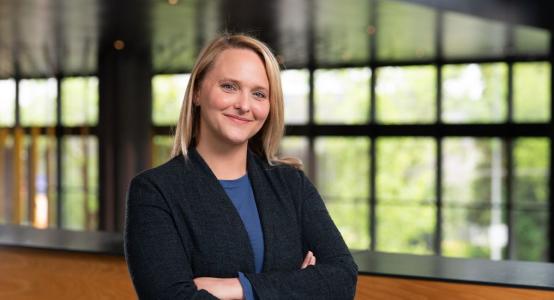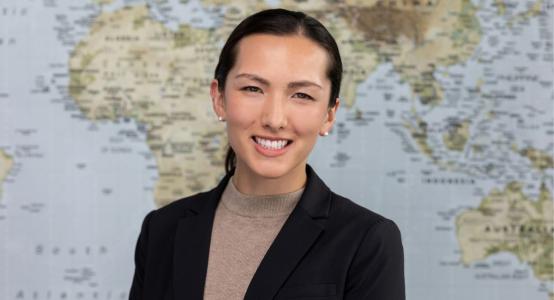Arianna Means shares why preventing childhood illnesses is imperative for global health
“We have so many evidence-based interventions to reduce child mortality that are inexpensive, and that are unequivocally effective,” Means said. “It's really about getting those interventions to the right people in the right places. That is our challenge.”




